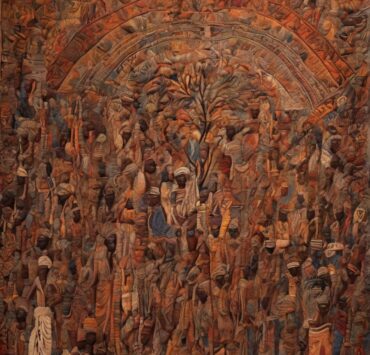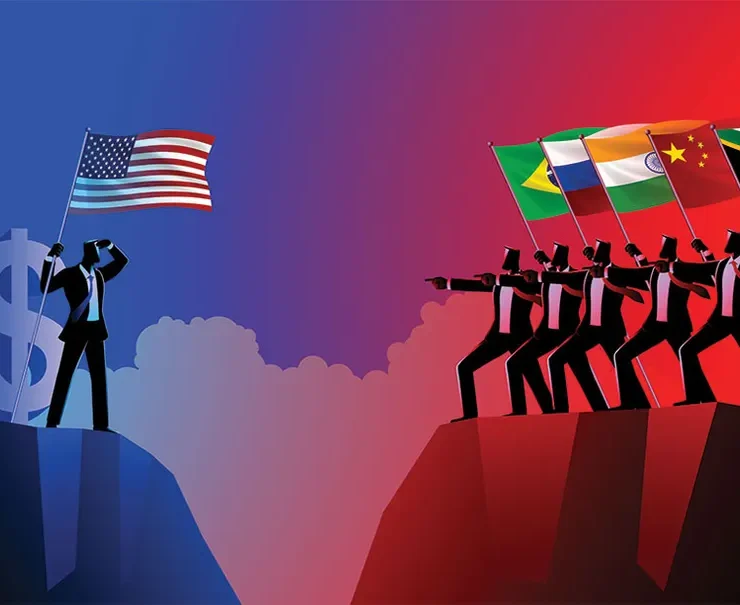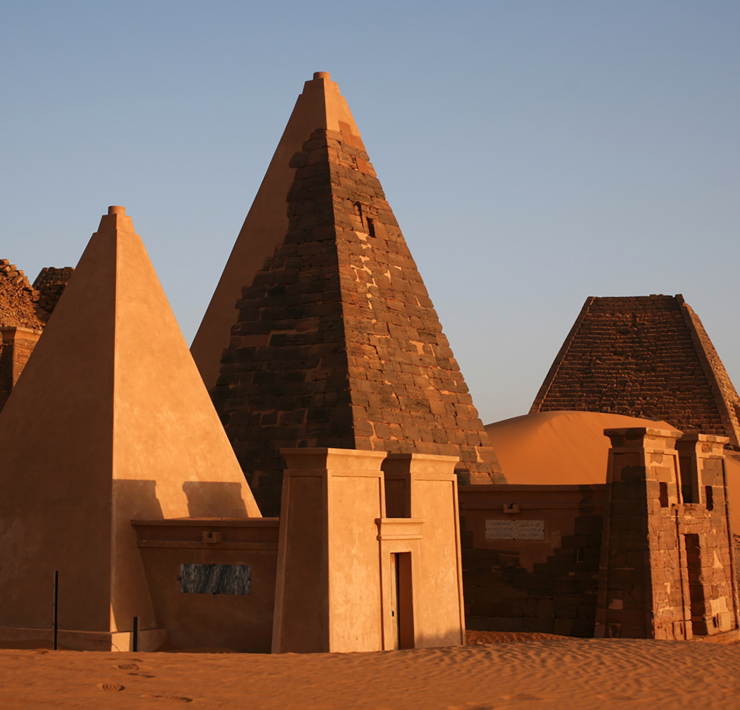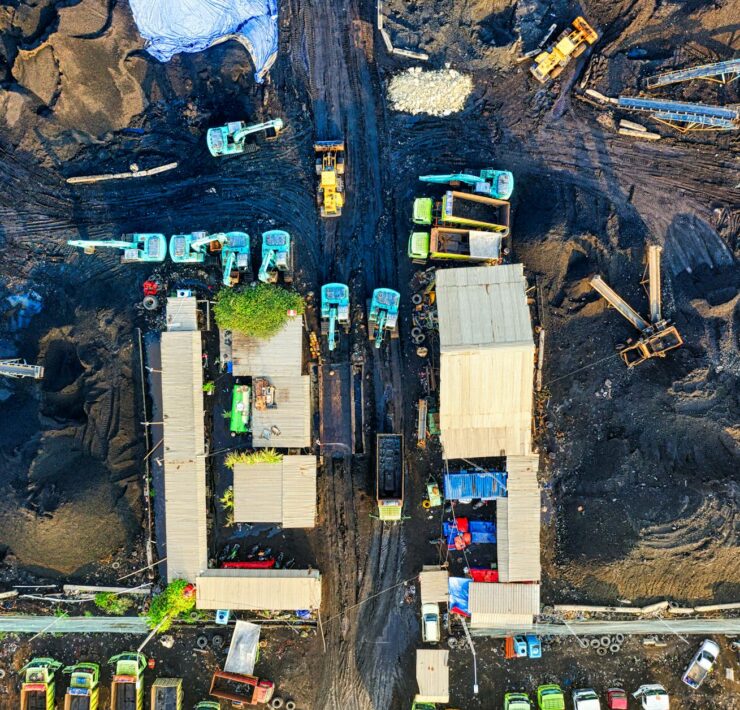Most Significant Accomplishment for Ethiopia in Foreign Policy was Joining the BRICS – Freeman
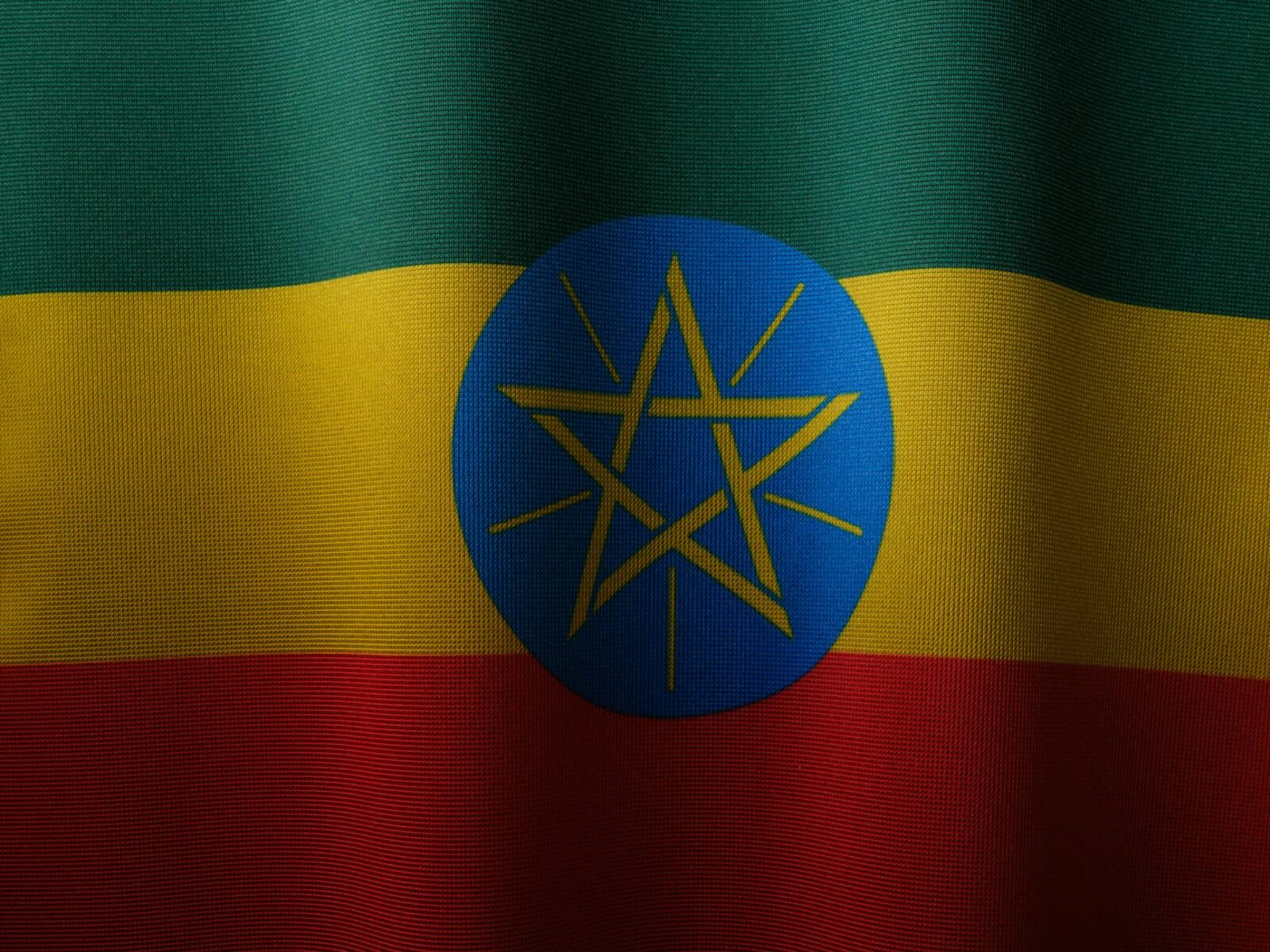
Lawrence Freeman is a Political-Economic Analyst for Africa, who has…
Ethiopia’s Evolving International Relations
Below are excerpts from my interview with ETHIOPIAN BROADCASTING CORPORATION The Voice of Pan-Africanism. For the entire article by Wegayehu Muluneh, read: Ethiopia’s Evolving International Relations
Excerpted sections follow:
According to Lawrence Freeman, the most significant accomplishment for Ethiopia in foreign policy was joining the BRICS. As of January 1st, 2024, Ethiopia has become one of ten nations that comprise the BRICS, and also one of three nations on the African continent that belonged to the BRICS. Freeman believes this solidifies Ethiopia’s diplomatic position as a leading nation in sub-Saharan Africa, East Africa, and the Horn of Africa.
The analyst underlined that the formation of the BRICS and its growth institutionally over the last decade is extremely important, because the western-dominated political and financial institutions are suffering in terms of their control of the world’s politics and finances. This gives an opportunity for developing nations or emerging nations like Ethiopia to have their own institution and promote their own policies, independent of the dictates of the western geopolitical financial elite.
Lawrence Freeman said Ethiopia’s influence in Africa in general and in East Africa in particular will grow as the BRICS itself continues to become a weightier institution providing an alternative to the western political financial establishment. Whilst, this puts Ethiopia in an important and unique position on the African continent and also globally.
Ethiopia’s economic growth also instantly linked with activities the nation has carried out on its foreign relations. Prior to the emergence of COVID-19 and the onset of the war in northern Ethiopia in November 2020, Ethiopia was one among a few African and world nations with fastest growing economies. This of course was slowed down by the above-mentioned causes, Freeman explained. “However, we should expect that Ethiopia has the potential to become a leader once again in economic growth in Eastern Africa and the African continent.”
Freeman elaborated that the near completion of the Grand Ethiopian Renaissance Dam (GERD) will advance Ethiopia’s economy over the years ahead. The diplomatic activities that Ethiopia has been doing on the global stage while constructing the Dam, Africa’s flagship project, has been significant. The completion of GERD is a game changer to boost Ethiopia’s say and diplomatic bargain in the region and beyond. The GERD with only two turbines operating is already strengthening Ethiopia’s export of clean energy to Sudan, Kenya, and Djibouti. As the GERD reaches its complete potential of 5,150 megawatts, it will not only supply more energy to Ethiopia but also expand export of electricity to neighboring nations in Eastern Africa. Thus, the GERD and Ethiopia have already started causing the most demanded regional economic integration, which will expand and provide a potential model for regional economic integration.
With its electricity potential Ethiopia has the potential to become a major economic powerhouse on the continent. Thus, Ethiopia is expected to emerge as one of the most dynamic economies in the world.
Reflecting on Ethiopia’s audacious step towards regional relations, Freeman commended Prime Minister Abiy Ahmed’s motivation and courage in 2018 of settling past grievances over land with Eritrea, which won him the Nobel Peace Prize. However, there is no reason for anyone who understands the region, to claim that Ethiopia’s policies towards achieving a port that would give the nation access to the Red Sea, is a cause for war in the Horn of Africa. This is blatantly untrue and those who are participating in this war-mongering event may have ulterior motives for promoting this kind of scenario. War should not be on the table because it is in no country’s interest.
Ethiopia doesn’t need war to access seaports that it can develop to expand its export-import trade. Hailing the recent agreement signed between Ethiopia and Somaliland, Freeman said the agreement will enhance regional integration. The agreement speed up the growth Ethiopia’s landlocked economy by providing access to Red Sea ports, potentially boosting trade and fostering closer economic ties in the Horn region, he added.
What's Your Reaction?
Lawrence Freeman is a Political-Economic Analyst for Africa, who has been involved in economic development policies for Africa for over 30 years. He is the creator of the blog: lawrencefreemanafricaandtheworld.com. Mr. Freeman’s stated personal mission is; to eliminate poverty and hunger in Africa by applying the scientific economic principles of Alexander Hamilton









